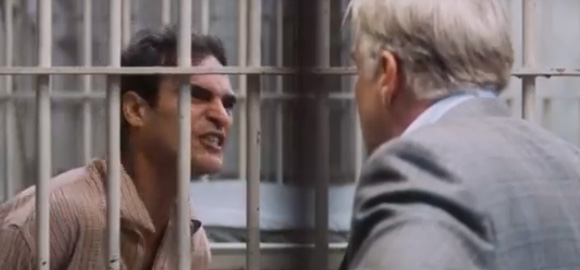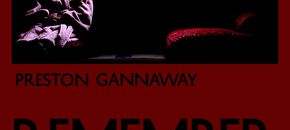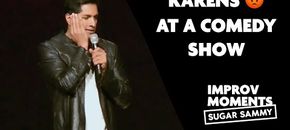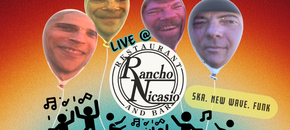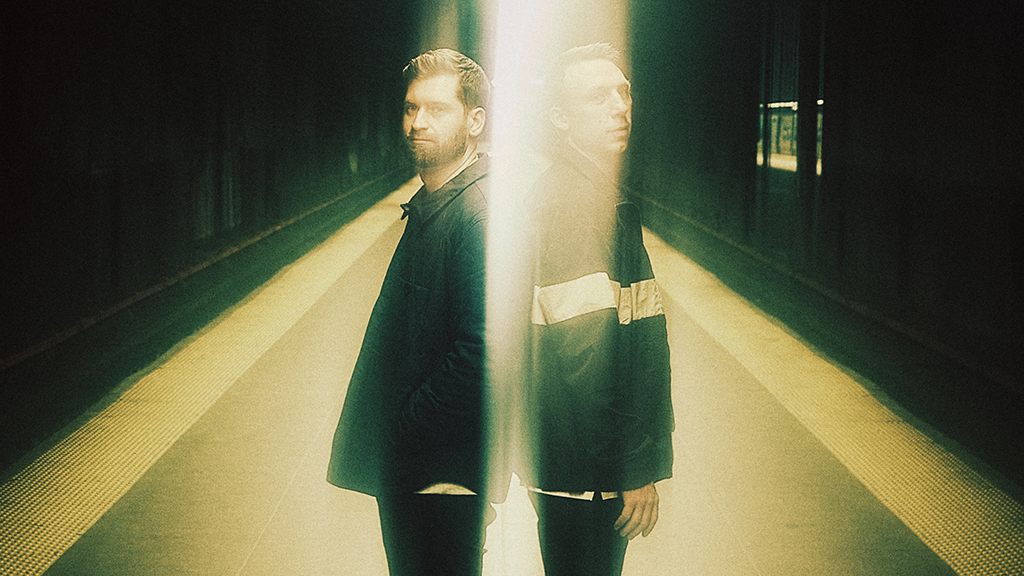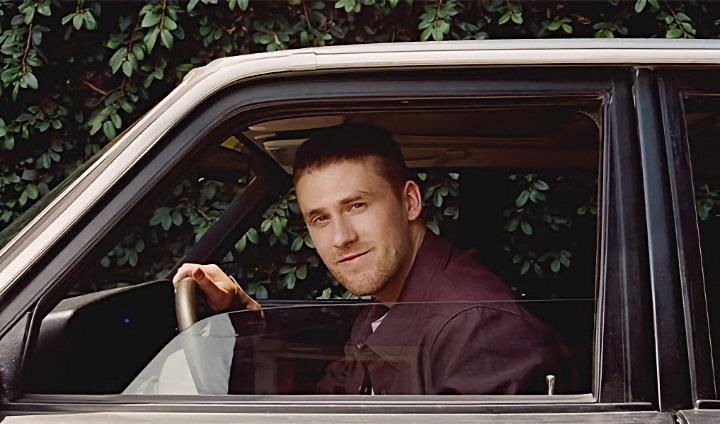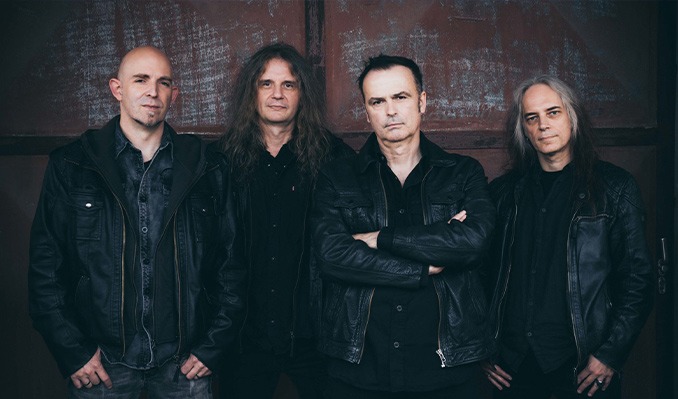Movie Review: The Master
The Master is quite simply a masterpiece. Paul Thomas Anderson’s most difficult, yet rewarding, film also puts forth career defining performances for it’s two leads Joaquin Phoenix and Philip Seymour Hoffman.
The Master isn’t the type of film –and it is a film, not a movie– that can be summed up in a few words or sentences. On the surface, it is about a shell shocked World War II veteran, Freddie Quell (Joaquin Phoenix), who is taken under the wing of Lancaster Dodd (Philip Seymore Hoffman) and ushered into The Cause, the organization, or religion, he has created. But it’s also so much more than that. It’s not a simple mentor/apprentice or father/son film that many will assume it is. Instead, Freddie and Lancaster are on the same level, something that isn’t clear to either of them until the end and the film chronicles the struggle for both men to ultimately define their existence.
Freddie is discharged from the war with some sort of emotional illness that is hinted to in scenes of him obtaining and then sabotaging many odd jobs along California. He also has an insatiable appetite for women and drink, of which he possesses a remarkable talent for making out of household liquids. After testing his latest concoction out on a fellow, elderly farmer he escapes when he’s accused of poisoning him. Blind drunk and with nowhere to go, he stumbles upon a ship in the San Francisco Bay and sneaks on for no discernible reason other than he has nowhere else to go. The next morning he’s confronted by the extremely charismatic Dodd who, instead of angry, is rather curious about the stowaway and apparently eager to help. Dodd admits his attraction to Freddie, although he’s unable to say exactly why, a quip that will escape again and again over the course of the film from Dodd’s lips. Freddie, on the other hand, like the audience, is immediately enraptured by Dodd and is drawn into his spell. In Dodd, Freddie sees someone that apparently understands him, even all his faults, but still believes that he can help. And of course Freddie wants that help. He’s a travelling ghost, someone who’s come back from a war to save a country that he no longer feels a part of. But the real question becomes, can Dodd and The Cause, save Freddie? Both Freddie and Dodd hope it can.
Who is Dodd exactly? Well he’s many things, a writer, a scientist, a father “but above all, a man,” he tells Freddie. Presently, he is the creator and leader of The Cause, a Scientology-like religion he has created (Anderson admits that Dodd was molded in the image of L. Ron Hubbard but to hearken on the similarities is not the point of the film). He positions Freddie as his right hand man as he sails around the Eastern seabord championing The Cause. According to Dodd, his wife Peggy (Amy Adams) and their followers, The Cause can not only heal mental and emotional ailments, but physical ones such as leukemia too. As one listener points out early on at a party, it sounds more like a cult. For a moment, Dodd loses his composure and snaps at the detractor, as he does multiple times throughout the film whenever The Cause, and it’s legitimacy, is put into question. However it’s Peggy who suggests they need to attack, not defend, when challenged. While she remains mostly in the background of the film, she slowly bubbles to the surface and it becomes less and less clear who’s the true leader of The Cause. Perhaps the most telling scene for Peggy is when she’s giving, or dictating, advice to Dodd as she uses her hand to give him release. Yet, her gesture feels far from sexual towards her husband and it’s precisely moments, and uncertainties, like these that make The Master so powerful.
Anderson, who also wrote the film, poses many questions but steadfastly refuses to answer them. In his eyes, it’s not his job to provide the answers. He’s here only to put those uncertainties on the screen and it’s the audience’s job to make up their own minds about good, bad, right, wrong or any other judgements about the characters and their actions. Of course, Dodd is not inherently infallible as is clearly evident through his outbursts at anyone who pokes holes in The Cause, and through his inability to even make his own son Val (Jesse Plemons) believe in it as he laments to Freddie that his father is making it all up.
But if the film can be boiled down to one word, it would be control. Like Anderson’s previous film There Will Be Blood, which is a a similar meditation on power, control and the dubiousness of the role of religion in society, The Master grapples with similar themes. Calling The Cause a cult cuts through Dodd so easily because it means his organization is nothing more than a power play. While he may revel in the power that comes with being its leader, he truly believes in The Cause. Freddie wants to believe as much as Dodd does but it’s a struggle for him. As much as he, and Dodd, would like The Cause to control him, Freddie is his own master, just as Dodd is to many and, perhaps, Peggy is to him. Everyone is controlled by someone, but why and how? Freddie throws a wrench into Dodd’s theories.
The Master is a film that, for better or worse, begs multiple viewings. Anderson provides all the facts but none of the conclusions. Scientology may be the buzz word surrounding the film but it’s a character piece. Phoenix, without doubt, gives the best performance of his career and Hoffman is astoundingly seductive as Dodd. Amy Adams appears to play second fiddle but she’s a much more potent force, the quintessential woman behind the man. However, it’s also a frustrating film and one that won’t be as immediately celebrated as There Will Be Blood. Still, it’s a fantastic piece of art and one that will stir debate for years to come.
Rating: 5 out of 5
